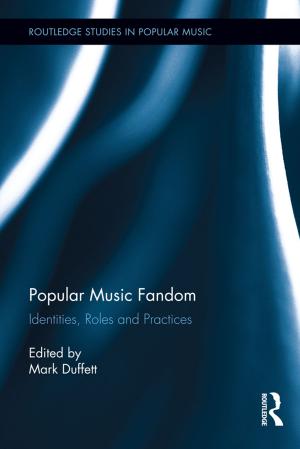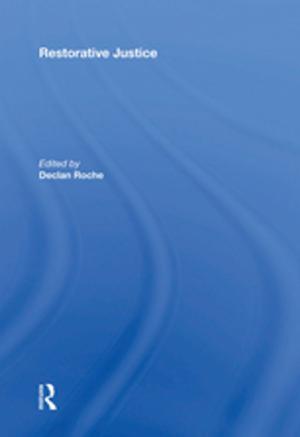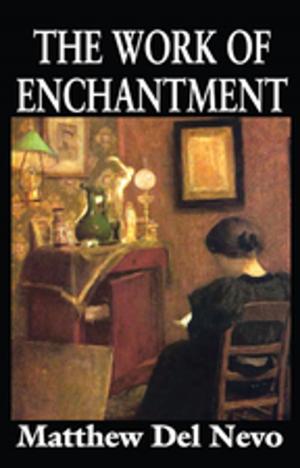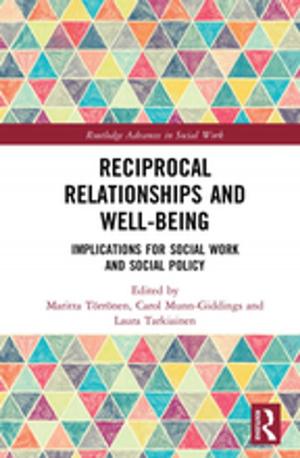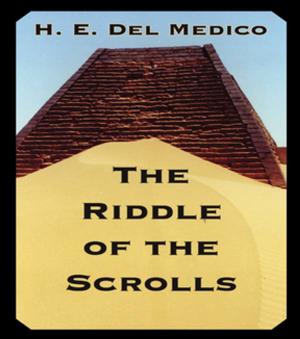Mary Wroth
Printed Writings 1500–1640: Series 1, Part One, Volume 10
Fiction & Literature, Literary Theory & Criticism| Author: | Josephine A. Roberts | ISBN: | 9781351919425 |
| Publisher: | Taylor and Francis | Publication: | December 5, 2016 |
| Imprint: | Routledge | Language: | English |
| Author: | Josephine A. Roberts |
| ISBN: | 9781351919425 |
| Publisher: | Taylor and Francis |
| Publication: | December 5, 2016 |
| Imprint: | Routledge |
| Language: | English |
Mary Wroth (1587-1653?) was niece and god-daughter of Mary Sidney Herbert. She was married in 1604 to Sir Robert Wroth with whom she joined the Court circle of James I. In 1618 she began work on her enormous prose romance The Countesse of Mountgomeries Urania. The first known work of original fiction by an Englishwoman it reflects her experience as an eyewitness to the turbulent Jacobean Court. Drawing upon a wide range of reading Wroth created a vast encyclopedic romance with a network of women placed at the centre. Its publication swiftly unleashed a storm of criticism from powerful noblemen who attacked Wroth for depicting their private lives under the guise of fiction. When protests reached the King, Wroth wrote a letter of disclaimer to George Villiers, First Duke of Buckingham, in which she stated that copies ’were solde against my minde I never purposing to have had them published’. She explained that she had stopped the sale of the book and asked for the King’s warrant to recover other copies. There is no evidence that the book was recalled. The 1621 edition reproduced here is a unique copy containing the author’s own handwritten revisions.
Mary Wroth (1587-1653?) was niece and god-daughter of Mary Sidney Herbert. She was married in 1604 to Sir Robert Wroth with whom she joined the Court circle of James I. In 1618 she began work on her enormous prose romance The Countesse of Mountgomeries Urania. The first known work of original fiction by an Englishwoman it reflects her experience as an eyewitness to the turbulent Jacobean Court. Drawing upon a wide range of reading Wroth created a vast encyclopedic romance with a network of women placed at the centre. Its publication swiftly unleashed a storm of criticism from powerful noblemen who attacked Wroth for depicting their private lives under the guise of fiction. When protests reached the King, Wroth wrote a letter of disclaimer to George Villiers, First Duke of Buckingham, in which she stated that copies ’were solde against my minde I never purposing to have had them published’. She explained that she had stopped the sale of the book and asked for the King’s warrant to recover other copies. There is no evidence that the book was recalled. The 1621 edition reproduced here is a unique copy containing the author’s own handwritten revisions.






